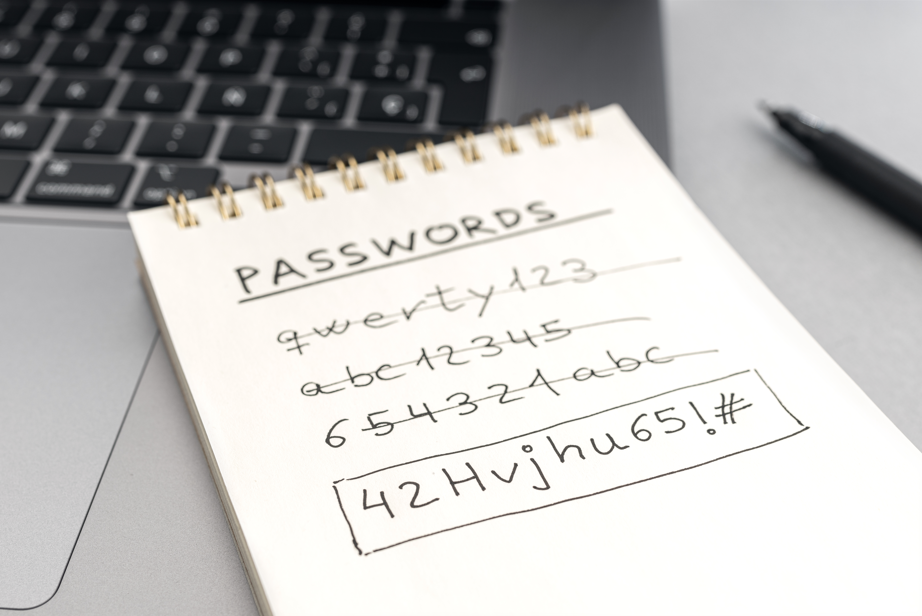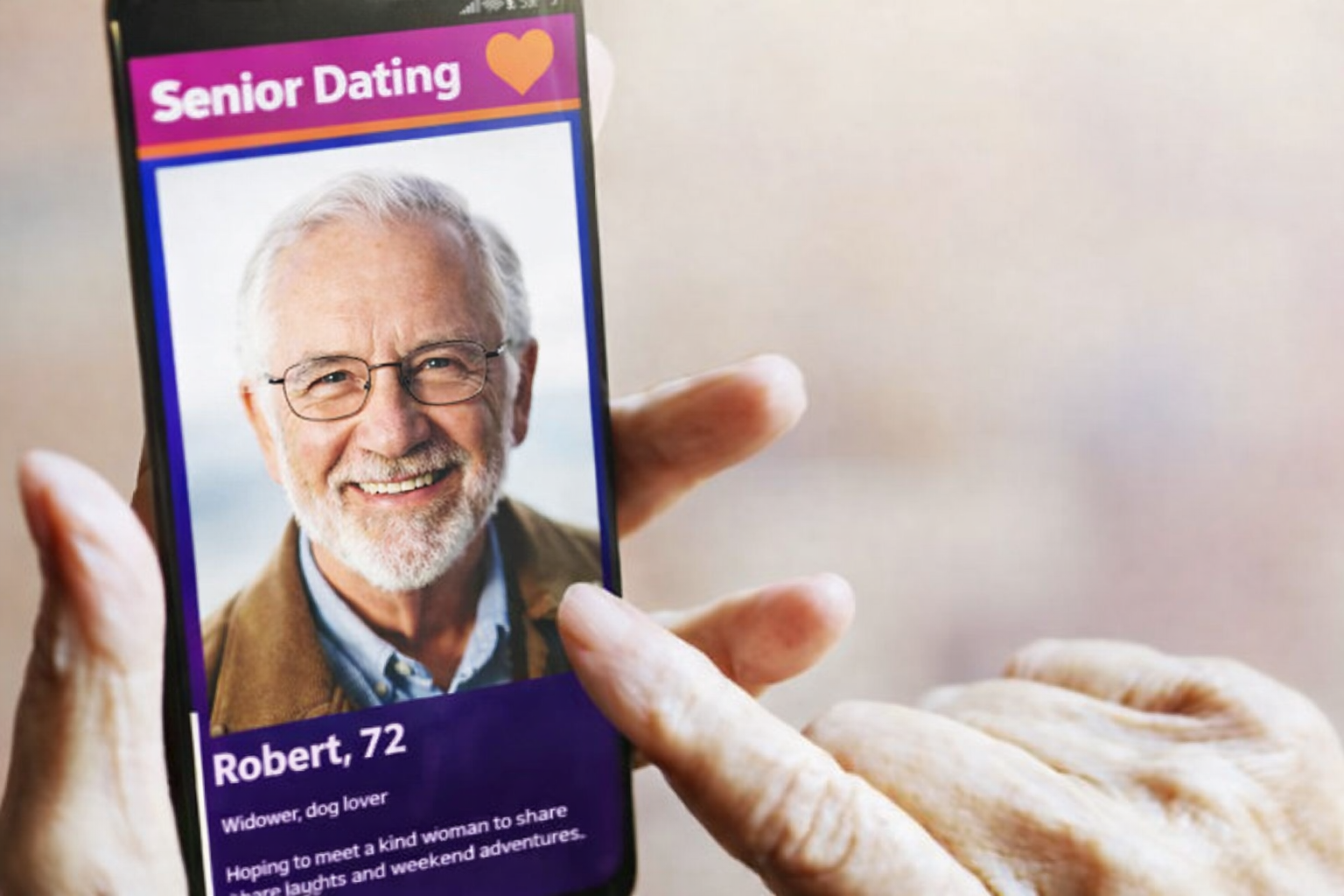Why It's Safe for Seniors to Bank Online

Online banking is a convenient way to keep tabs on your account and manage transactions from the comfort of your home or on the go. It also has allowed people to stay on top of their finances without having to put their health at risk by visiting bank branches during the pandemic. But is it safe to set up online access to your bank account and make digital transactions?
If you're an older adult, be aware that most people your age are taking advantage of technology to bank digitally. More than 70% of bank customers aged 70 and older say they use online banking, according to payments and financial technology company Fiserv.
Yet, older adults who use online banking are much more likely than younger adults to be concerned about security, according to a survey by Lightico, a digital platform that supports financial services interactions. So you're certainly not alone if you're worried about the safety of online banking.
Why online banking isn’t riskier than traditional banking
By setting up an online account, it might seem like you’re making it easier for thieves to access your account. After all, data breaches do happen. However, financial institutions take security seriously and take many precautions to guard against cyberattacks. They also use encryption and other layers of protection to keep customers’ sensitive information safe when they log onto their online accounts.
If hackers do gain access, banks must report cybersecurity incidents to the government within 36 hours and notify customers of incidents that result in problems lasting more than four hours. Plus, as long as your bank is insured by the Federal Deposit Insurance Corporation (look for the words “Member FDIC” on its website), deposits are insured up to $250,000 per depositor, per FDIC-insured bank, per ownership category (such as individual versus joint account) if the bank were to fail. Credit union accounts are also insured for $250,000 but through National Credit Union Administration.
Even if you don't have an online account, that doesn’t mean your information is safe if there is a cyberattack on the bank. “Banks do pretty much everything electronically,” says Adam Levin, a cybersecurity expert and co-host of the What the Hack with Adam Levin podcast. In fact, your personal information is in lots of online databases that could be breached.
“Unless you’re going to be totally off the grid, somewhere you’re going to be exposed,” Levin says. “And that exposure is going to be enough for people to figure out where your money is.”
So how do you protect yourself? “One way is to have online access to your bank accounts so you can check those accounts daily, or sign up for transactional monitoring so every time there’s a transaction you’re notified,” Levin says.
The benefits of online banking
Using online banking can actually provide you with an added layer of security. After all, the bank won’t call you every day to update you on all the transactions in your account. But by setting up online access to your accounts, you can do the following:
You can check your accounts at any time. One of the biggest security benefits of having online access to your bank account is that you don’t have to wait until the end of the month to receive a statement to find out if all is well with your account. If someone were to get access to your debit card number or your checks without your knowledge, you might not discover that there are fraudulent charges on your account until days, weeks or a month after they occur if you don’t have online access. At that point, the damage might be much greater than if you had spotted a fraudulent charge when it happened and contacted the bank to prevent further unauthorized charges.
You can pay bills online, which is safer than sending checks. It might feel reassuring to write checks for bills and place them in the mail so that your service providers get paid. However, checks can be stolen from your mailbox, and thieves can change the names of payees and the amounts on checks.
If you have an online bank account and sign up for bills to be paid electronically, you don’t have to worry about your checks getting lost or stolen in the mail. Plus, you don’t have to worry about making late payments or forgetting to make payments because your bills will be paid automatically each month when you set up recurring online payments.
You can set up alerts to be notified of transactions. When you set up online access to your bank account, you have the option to set up alerts to be notified by email or text message when their are transactions on your account. Alerts can help make you aware of when your account balance is low. More importantly, they can help you catch any unauthorized transactions if you get alerts for withdrawals, transfers or purchases with your debit card that you don’t recognize.
How to stay safe when banking online
Banks are often working to improve their security. However, it doesn’t matter how secure your bank’s website and mobile apps are if you’re not taking steps to protect yourself. Levin says that safeguarding your personal and account information comes down to the three Ms.
Minimize risk of exposure
- Use strong passwords. Don’t use your name, birthdate or something simple such as “password.” Levin suggests creating passwords with three disassociated words, such as catmoonocean, and using a mix of uppercase and lowercase letters, symbols and numbers to come up with something like C@tm00nOc3an. Make sure that you use a different password for every online account and that you change passwords frequently. Using a password manager such as 1Password or LastPass can help generate and remember passwords for you.
- Use multi-factor authentication. Most financial institutions offer the option for customers to use more than one verification factor to access their accounts. For example, in addition to entering a username and password, you might receive a text message with a code that you’ll need to enter when logging in. This makes it harder for hackers to access your account.
- Be careful about the apps you download. Make sure you’re downloading your bank’s official app (visit a branch if you need help). And don’t rush to download any other financial apps before reading reviews about them, paying particular attention to any negative reviews.
- Don’t click on links or attachments in emails or text messages. Those links could direct you to fake websites, and attachments can have files with viruses and spyware. Even if an email or text message appears to be coming from your bank, don’t provide any of your personal or account information in response because it’s likely a scam. Call your bank directly to find out if it’s trying to reach you.
- Don’t toss account statements—shred them. And make sure you use a cross-cut shredder so thieves can’t tape your statements back together to get your account information.
- Be careful about what you share on social media. “It’s not necessary to post every morsel of your life on social media,” Levin says. Thieves and hackers can use that information to figure out answers to your account security questions or even your passwords (if you’re using obvious passwords, which you shouldn’t).
[ Read: How to Protect Your Identity Online ]
Monitor
- Check your accounts regularly online and set up alerts on your online accounts to be notified by email or text message about transactions on your accounts. You also could use a service such as Carefull to do the monitoring for you. Carefull will monitor your bank, credit card and investment accounts 24/7 for common money mistakes and signs of fraud and will alert you when it spots something unusual.
- Check your credit report for any loans or lines of credit you don’t recognize, which could be a sign that you’re a victim of identity theft. You can get free copies of credit reports from each of the three credit bureaus—Equifax, Experian and TransUnion—at AnnualCreditReport.com.
- Sign up for credit monitoring to be alerted when there are changes to your credit report or credit score. Credit monitoring is included as part of the Carefull service.
- Sign up for identity monitoring to detect whether your personal information is being misused or sold illegally on the dark web. This protection is included with the Carefull service.
[ Read: 10 Signs You’re a Victim of Fraud or Identity Theft ]
Minimize damage
- Report fraudulent transactions immediately. Call the bank if you spot fraudulent charges or transactions in your bank account. You might have to cancel your debit card to prevent more fraudulent charges. Reporting fraudulent charges quickly also will limit your liability. If you fail to report the fraudulent activity within 60 days, there is no cap on your liability—meaning you could be on the hook for all of the charges.You might need to cancel your debit card and get a new one or even close your account.
- Freeze your credit. Thieves won’t be able to open new accounts in your name because lenders won’t be able to access your credit reports while there is a freeze on them. You will need to place freezes on your reports at each of the three credit bureaus—Equifax, Experian and TransUnion. If you want to open a new line of credit, you will have to lift the freeze.
- Get help recovering your identity. Reporting and recovering from fraudulent charges is relatively easy. However, if your identity is stolen, you’ll likely need help repairing the damage, Levin says. He recommends checking with your insurance company, financial institution or employer to see if they offer any sort of identity theft monitoring and remediation services. Carefull provides up to $1 million in identity theft insurance coverage and customer support to help restore your identity if it is stolen.
The bottom line is that banking online makes it easier to keep tabs on your account. And it’s safe as long as you take steps to keep your personal and account information secure.
[ Keep Reading: How Seniors Can Protect Their Credit and Identity ]

3 Steps to Safer Money,
Try it Free for 30 Days
Step 1
Start your free,
no-risk trial
Step 2
Connect the accounts and cards you want protected
Step 3
Stay alerted to any
unusual activity



.png)



